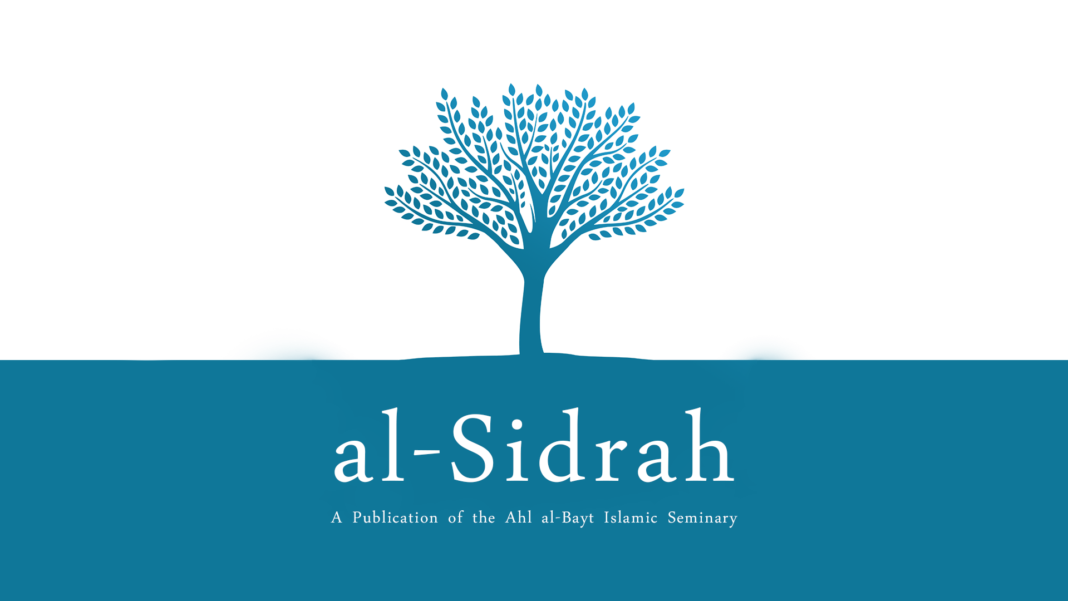This is the beginning of an ongoing project targeted in particular towards seminary students studying a standard text of Islamic law known as al-Rawḍah al-Bahiyyah, written by Zayn al-Dīn b. ʿAlī b. Ahmad al-ʿĀmilī (better known as al-Shahīd al-Thānī). Al-Rawḍah is a commentary on the book al-Lumʿah al-Dimishqiyyah by Shams al-Dīn Muhammad b. Makkī al-ʿĀmilī, famously known as al-Shahīd al-Awwal. Often referred to simply as Sharh al-Lumʿah, the book is studied in seminaries at the level of suṭūh (intermediary studies). This fiqh work has been studied for many generations and has been a standard part of the hawzah’s curriculum. The goal of studying Sharḥ al-Lumʿah is for the student to become familiar with the various books (kutub) and chapters (abwāb) of fiqh and to familiarize themselves with legal language and precedents of past jurists (fuqahā). In addition, the student will further develop his abilities in the Arabic language. This text is famously known for its extreme conciseness and precise wording.
The Present Commentary
The goal of this project is to better situate the study of Sharh Lumʿah in the context of legal reasoning and contemporary rulings. The analyses of Shahīd Thānī often mentions the disagreements between jurists, especially those from the era of al-Muhaqqiq al-Hilli onward. We hope to bring that discussion forward to the present, at a level appropriate for an intermediate-level hawzah student. Where there is a difference of opinion among jurists, we aim to mention the difference and give a brief understanding of the sources (madārik) of some of the views. Furthermore, we hope to familiarize the student with the Imami intellectual heritage, including:
- the nuṣūṣ sharʿiyyah (legally relevant texts), especially the ahādīth
- the names of famous fuqahāʾ and their seminal works
- brief introductions to relevant discussions not specific to fiqh, such as ʿilm al-hadīth.
The intended audience of this project are students of the seminary or formal Islamic studies; thus the language and writing style may be specialized.
Click here to access the Lumʾah resource.
Lumʾah resource




